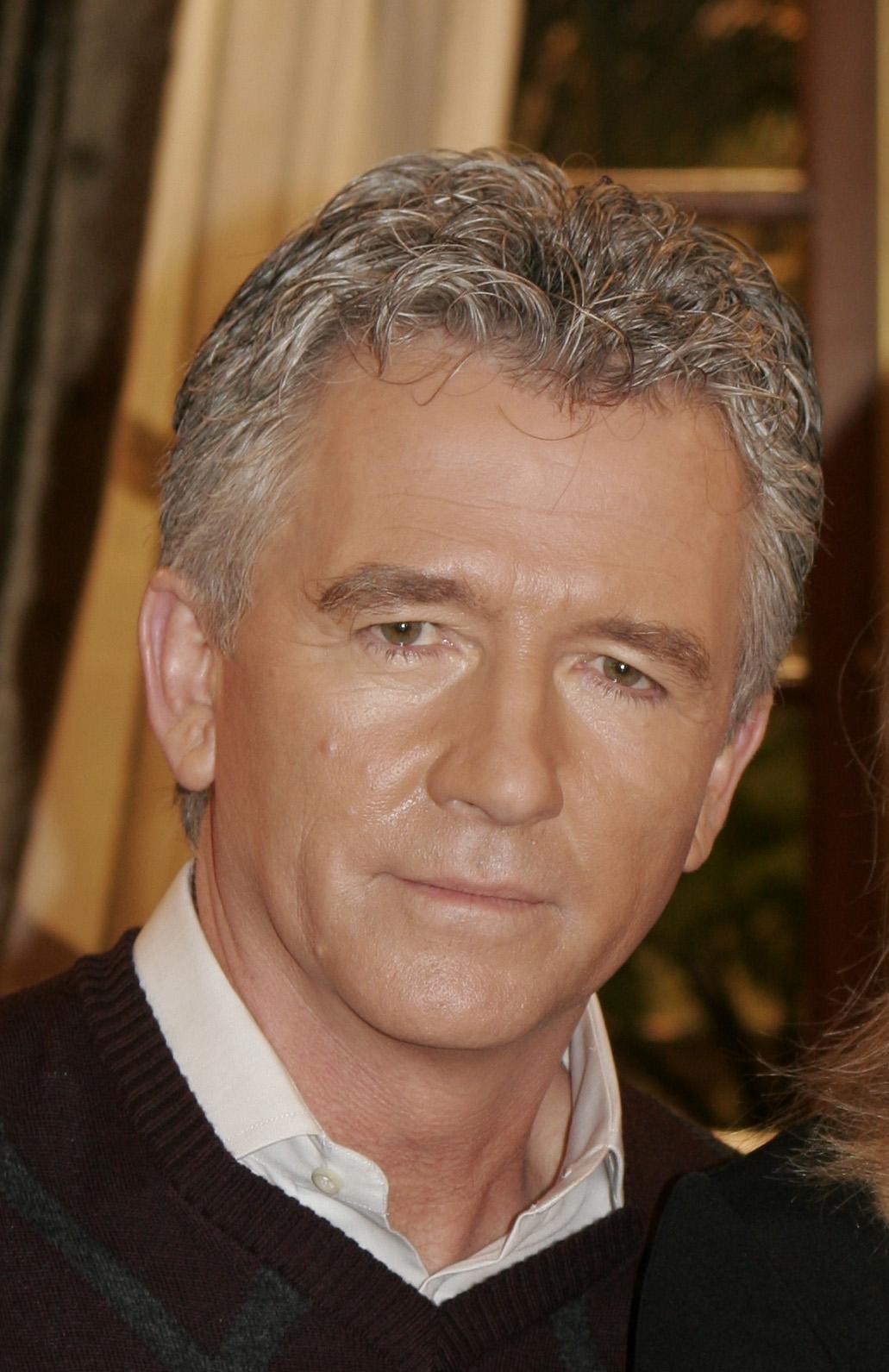Bobby Ewing: The Dallas Legend Still Resonates Today!
Was there a television character who embodied the spirit of the 1980s more than Bobby Ewing? Bobby Ewing, the iconic figure from the hit series "Dallas," wasn't just a character; he was a cultural touchstone. His blend of charm, intelligence, and Southern gentlemanly demeanor made him both relatable and larger than life, captivating audiences and solidifying his place in television history.
From his introduction in 1978 to the infamous "return from the dead" storyline in 1986, Bobby Ewing was synonymous with the drama, intrigue, and sheer escapism that defined "Dallas" as a global phenomenon. The show transformed the way viewers engaged with serialized storytelling. They didn't simply watch; they lived the trials and tribulations of the Ewing family, with Bobby as their moral compass navigating a world of opulent oil tycoons, treacherous betrayals, and high-stakes power plays. This piece delves into the life, legacy, and enduring appeal of one of television's most beloved characters, providing a comprehensive look at why Bobby Ewing continues to captivate audiences, decades after the final credits rolled.
| Full Name | Bobby Ray Ewing |
|---|---|
| Date of Birth | March 24, 1949 |
| Family | Parents: Jock and Miss Ellie Ewing Brother: JR Ewing, Gary Ewing, and others. |
| Occupation | Oil Tycoon and Businessman |
| Spouse | Pamela Barnes Ewing, April Stevens (briefly) |
| Portrayed By | Patrick Duffy |
| Reference | IMDB - Bobby Ewing |
Before the boardroom battles, the romantic entanglements, and the shocking plot twists, there was Bobby Ray Ewing, born into wealth in the fictional town of Southfork, Texas. He was the product of a life steeped in the traditions, the values, and the inherent drama of the Ewing dynasty. The role was brought to life by Patrick Duffy, whose portrayal brought a unique blend of vulnerability and strength to the character. Raised by Jock and Miss Ellie Ewing, Bobby learned to prioritize family above all else. This upbringing served as the bedrock of his character, forming the very essence of his actions and decision-making throughout the series' run. This loyalty, however, often placed him in direct opposition to his older brother, the cunning and often ruthless JR Ewing. This internal conflict the struggle between loyalty and moral integrity resonated deeply with viewers, who tuned in week after week to witness how Bobby would navigate the treacherous waters of family, business, and love.
When "Dallas" premiered in 1978, Bobby was initially presented as the younger, more upright sibling of the manipulative JR. He seemed, at first glance, to be the moral counterweight to JR's scheming. However, as the series evolved, so did Bobby's character. He evolved from a simple family man with a good heart to become a central figure whose decisions had far-reaching consequences. He wasn't afraid to challenge his brother's underhanded dealings, even when it pitted him against the rest of the family. This willingness to stand up for what he believed in, even in the face of considerable adversity, solidified his status as a hero.
One of the most defining moments of Bobbys character arc was his marriage to Pamela Barnes. Pamela was the daughter of Digger Barnes, the Ewing familys sworn enemy. This union was more than just a romantic plotline; it was a symbol of the ongoing feud between the Ewings and the Barneses. This relationship added depth to Bobbys character and thrust him further into the heart of the drama, making him a key player in the show's intricate narrative.
Even after the final episode of "Dallas" aired, Bobby Ewing remains a touchstone in television history. His journey from a simple family man to a central figure in one of television's most iconic dramas is a testament to the power of compelling storytelling. He wasn't perfect; he made mistakes, he faced challenges, and he sometimes had to make hard choices. Yet, through it all, he stayed true to his values. This consistency, this moral core, is what made him a hero that viewers could root for and invest in.
One of the key reasons Bobby resonated so profoundly with audiences was his ability to balance family loyalty with his personal code of ethics. In a world of ambition and self-interest, Bobby stood out as a character who genuinely cared about the well-being of others. This made him a role model for viewers. It provided a moral anchor that was desperately needed amid the excesses and intrigue of the Ewing dynasty and the broader world that "Dallas" presented.
No exploration of Bobby Ewing's legacy would be complete without mentioning the "shower scene." In 1985, Patrick Duffy decided to take a break from the show. The writers, faced with the task of explaining Bobby's absence, came up with a dramatic, and eventually, iconic solution: Bobby was killed off in a car accident. However, when Duffy returned to the show the following season, the writers famously revealed that Bobby's death had been a dream. This bold twist became one of the most talked-about moments in television history, forever cementing Bobby Ewing's place in pop culture.
The dramatic impact of the "dream" storyline was immense, captivating audiences and sparking endless debates about the show's nature and narrative. The scene of Bobby emerging from the shower, uttering the now-famous line, "Gee, it's good to be home," became a cultural touchstone, instantly recognizable even decades later. It offered a reprieve from the intense drama and set a new standard for how television writers could manage character departures and returns, often re-writing the rulebook in terms of audience expectations and how a show could re-invent itself.
Bobby Ewings influence transcends the original "Dallas" series. He paved the way for modern TV dramas that focus on complex characters and plotlines. Shows such as "The Sopranos", "Breaking Bad", and even "Game of Thrones" owe a debt to the storytelling techniques that "Dallas" pioneered. Bobbys moral dilemmas and family conflicts created a blueprint for developing compelling characters. The shows emphasis on suspense and surprise endings also influenced countless other series, while Bobbys return from the dead showcased that TV writers could take risks and still engage the audience.
Bobbys personal life was as dramatic as the show's overall narrative. His marriage to Pamela Barnes was a central storyline that kept fans on the edge of their seats. Together, they faced everything from family feuds to business scandals, and their love story became a symbol of hope amidst all the conflict. But Bobby's relationships were never smooth sailing. His complicated dynamic with his brother JR was the source of immense tension throughout the series. JRs manipulative tactics often placed Bobby in difficult situations, but Bobby consistently upheld his values. This dynamic helped create a story that would become one of the most memorable aspects of "Dallas."
While Bobby may not have been as cutthroat as his brother, he was a capable businessman in his own right. As an oil tycoon, Bobby showed a sharp eye for opportunity and understood the importance of his familys legacy. He worked hard to keep the Ewing family prosperous, even when facing challenges from rival companies. Bobbys business decisions were often guided by his moral compass. He knew the importance of making decisions with integrity and creating a supportive work environment. His ability to balance family loyalty with professional success also made him a role model for viewers. Bobbys leadership style emphasized teamwork and integrity, qualities that are still valued in todays business world.
Bobby Ewings influence goes far beyond the small screen. He has become a symbol of classic TV drama and a reminder of the power of good storytelling. Even younger generations who may not have watched "Dallas" during its original run are familiar with Bobbys legacy thanks to reruns, online streaming, and cultural references. Bobbys character has been referenced in everything from movies to music, proving his impact is timeless. The "dream" storyline continues to be discussed by TV fans and critics alike. Bobbys values of family, integrity, and perseverance resonate with audiences today.
Lets take a look at some interesting stats and facts about Bobby Ewing:
- Bobby appeared in 227 episodes of "Dallas" across 14 seasons.
- His famous "shower scene" was watched by an estimated 83 million viewers, making it one of the most-watched TV moments in history.
- Bobby was nominated for multiple awards during the shows run, including a Golden Globe for Patrick Duffy's performance.
- The "dream" storyline was ranked as one of the greatest TV twists of all time by various publications.
Beyond the drama and intrigue, Bobby Ewings story offers valuable lessons that remain relevant today:
- Family loyalty is important, but so is standing up for what you believe in.
- Integrity and honesty are key to building trust and earning respect.
- Even in the face of adversity, its possible to stay true to your values and make a positive impact.


Detail Author:
- Name : Vita Corwin
- Username : casper.anita
- Email : zskiles@yahoo.com
- Birthdate : 1982-09-17
- Address : 955 Nolan Expressway North Natashastad, WY 90847-7322
- Phone : +1-520-615-0638
- Company : Von, Schowalter and Kirlin
- Job : English Language Teacher
- Bio : Nihil aut nulla exercitationem placeat optio corrupti asperiores. Aperiam et iusto sunt omnis voluptatem consequatur non. Autem veritatis ipsam est eligendi.
Socials
tiktok:
- url : https://tiktok.com/@einar7233
- username : einar7233
- bio : Et quam earum et molestiae aliquam.
- followers : 3345
- following : 700
linkedin:
- url : https://linkedin.com/in/schmitt1985
- username : schmitt1985
- bio : Aut eligendi consequatur delectus a rem optio et.
- followers : 3277
- following : 2325
facebook:
- url : https://facebook.com/schmitte
- username : schmitte
- bio : Molestias dolores voluptatem quia non. In unde nam impedit.
- followers : 6100
- following : 2673
twitter:
- url : https://twitter.com/eschmitt
- username : eschmitt
- bio : Fugiat aspernatur error optio. Eum veritatis tenetur sit nihil exercitationem occaecati. Veniam est fugiat est ratione quia.
- followers : 4600
- following : 664